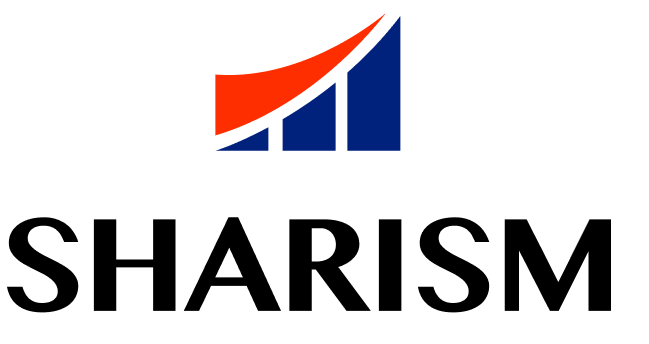Amazon and The Sharing Economy
You’ve participated in the sharing economy if you’ve booked a vacation rental or hailed a cab online. Sharing and gig economies emerged from technological advancements that disrupted numerous industries. The sharing economy gave millions of people a new source of income.
Learnings from the interaction of Amazon and the sharing economy
Don’t get the gig economy mixed up with the Amazon sharing economy. Sharing economy technology connects buyers and sellers. Sharing economy helps firms cut expenses and improve productivity. The Sharing economy helps consumers make greener choices. The sharing economy enables workers to make side money.
The Sharing Economy?
Defining the sharing economy would be a disservice to Amazon. Because they want their brand to BE the sharing economy. No competitors.
Mutual parties can share value from an underutilized skill or item. A marketplace, collaborative platform, or peer-to-peer app facilitates this value exchange. Internet and smartphone technology make share-based transactions easier than ever.
The sharing economy includes different economic systems like:
Collaborative Consumption/Economy
Amazon has expanded:
P2P Economy
Freelance/Gig Economy
Crowdfunding/Crowdsourcing
Coworking/Co Branding
Sharing Economy Effects?
The sharing economy has disrupted traditional industries. Sharing economy has exposed industry overcapacity. Whether it’s underutilized equipment, a skilled worker with too few hours, or excess product.
Sharing economies eliminate opportunity costs from inefficient resource use. The sharing economy reduces corporate expenses by efficiently leveraging resources. Share-based enterprises are lean due to low expenses and inventory. These brands transmit value to customers and supply chain partners due to greater efficiencies. Conventional brands will fail if they don’t adapt to the sharing economy. Transportation is all about Amazon. Their transportation fleet is now responsible for 78 percent of shipped merchandise deliveries within the states of California, New York, and Georgia. And they continue to expand their truck fleet. This impacts independent truckers adversely.
Uber and other ride-sharing services are cheaper and more convenient than public transit or taxis. Uber meets consumer transportation needs with an efficient mobile app and vetted driver network.
Leading Transportation Sharing Economy Brands:
UberLyft
Consumables
According to a PWC study, 86 percent of U.S. adults familiar with the sharing economy say it makes living more inexpensive and 83 percent say it is more convenient and efficient than traditional methods.
Consumer goods purchases are influenced by affordability, convenience, and efficiency.
Hence, share-based brands dominate consumer products. Sharing resources makes consumption more environmentally friendly for many customers. eBay pioneered peer-to-peer trading. Customers can browse products at personalized prices, conditions, and guarantees.
This empowers consumers and makes shopping cheaper, easier, and faster.
Consumer goods sharing economy leaders:
Etsy
eBay
Professional Services
The sharing economy favors professional and personal services most. Copywriters, accountants, and plumbers provide professional and personal services. Freelancing, gigs, and other terminology for short-term labor are used in the sharing economy.
Fiverr, Upwork, and TaskRabbit provide a fast, courteous, and secure platform for hiring contractors. Similar to renting a property or giving rides, freelancers can make money by offering their trade talents.
Professional and Personal Services sharing economy leaders:
Upwork
Healthcare
Several people believe the healthcare industry is the next frontier for collaborative consumption.
Telemedicine, group consultations, and the sharing economy will transform healthcare. For instance, expensive medical equipment can lay idle, requiring storage and maintenance. Hence, share-based firms like Cohealo are helping hospitals save money and boost equipment value by building technologies to share medical equipment with other healthcare facilities.
Healthcare sharing economy leaders:
Doctor On Demand
Cohealo
Sharing Economy Future?
As we become more linked digitally, the sharing economy will continue to grow. The sharing economy will soon disrupt several established industries, including transportation, consumer products, and services. It can help organizations cut costs and improve efficiency. For consumers, it’s on-demand, affordable, and eco-friendly.
Sharing economy enterprises cut costs how?
Sharing economy has exposed industry overcapacity. Whether it’s underutilized equipment, a skilled worker with too few hours, or excess product. Sharing economies eliminate opportunity costs from inefficient resource use. Sharing economy reduces corporate expenses by efficiently leveraging resources. Therefore, Amazon is lobbying Congress to make them the Preferred Vendor in the USA. It’s the same as Congress granting Preferred Nation status to a foreign country. There are some who think that Amazon is already a foreign body inside the American economy.

